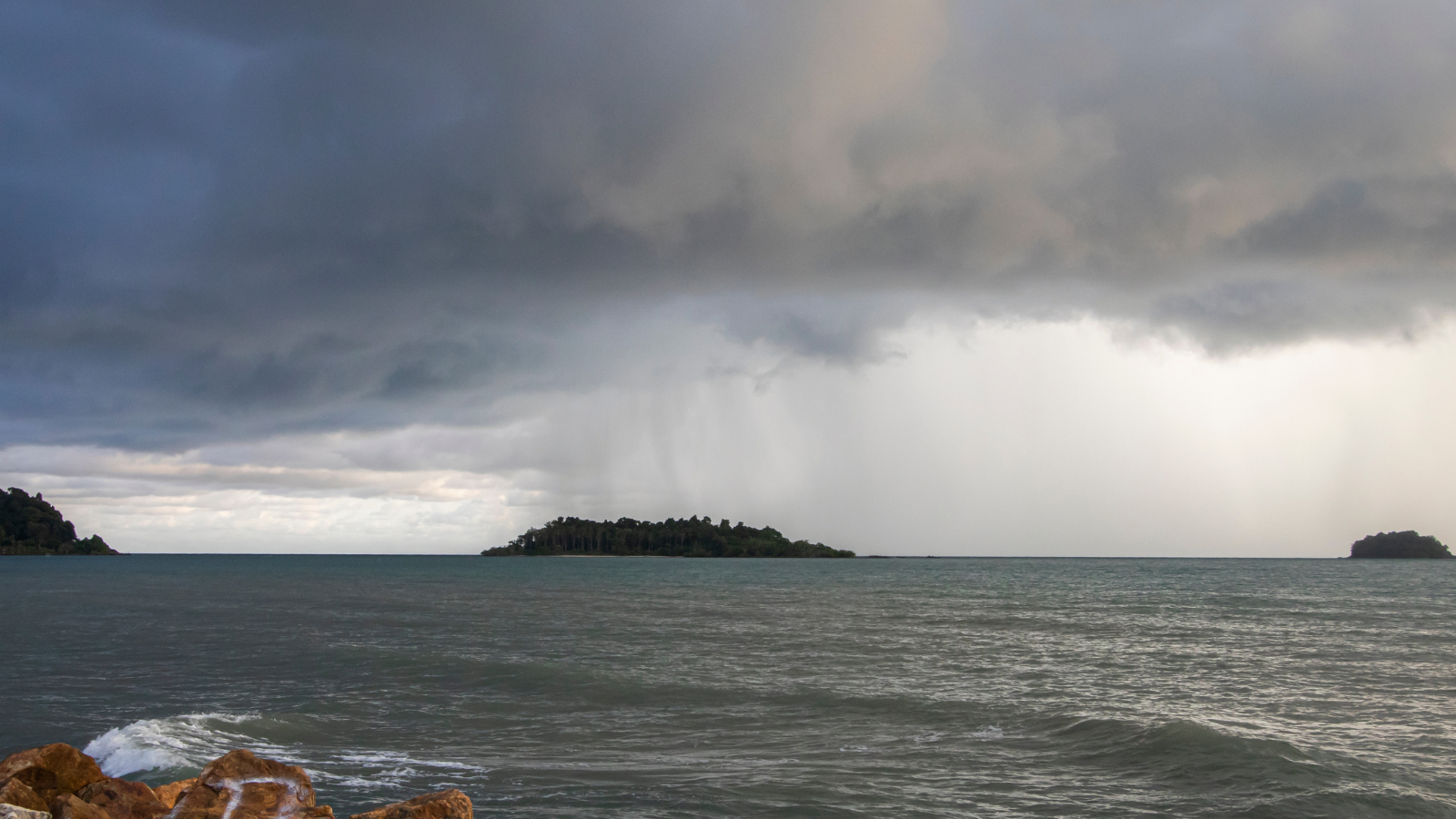There’s been a recent surge in winter weather affected multiple states and millions of Americans. The snow and ice pummeling through the country is downright debilitating in some areas, such as Texas, where sub-zero temperatures are far from normal. This is the kind of cold Michigan is used to, but then again, our infrastructure is generally able to withstand it.
But perhaps our RVs aren’t. You can encounter ice storms, blizzards, tornadoes, wind storms, and drenching thunderstorms. So, what can we do when there’s a storm brewing and we’re RVing?
Don’t drive in bad weather
Avoid from driving in a storm. High winds make it difficult to maneuver and handle an RV on the road, as the larger size poses a challenge to control in a fight with Mother Nature. Hail from thunderstorms can shatter windows and windshields. Heavy rain can cause flooded roadways or flash flooding. Never attempt to drive across water that it higher than your ankles. Get to higher ground as quickly as possible, even if that means leaving the RV behind. Blizzards can easily disorient any driver, and the below-freezing temperatures can quickly turn an RV into an ice box and freeze all the lines while camping.
Check the RV prior to departure
Always, always, always inspect your RV and tow vehicle before a trip, whether you’re departing home base or departing the campsite to return home or move to another destination. Check tires and lights in particular to make sure they are in working order.
Check the weather prior to departure
Checking the weather report prior to departing is important for any travel, but especially if you’ll be driving and camping. Look at the entire route, not just the days you’ll be at camp. There are apps you can put on you phone, too, that can alert you to alerts for severe weather. Two such apps are Dark Sky and Weather Bug. A hand-crank weather radio in the RV is also a good piece of equipment to have aboard and a part of your camping checklist.
Know what kind of weather you can expect during the season you’ll be traveling
In winter, be prepared for blizzards and ice. In summer, be ready for high winds, heavy rain, and thunderstorms. Hopefully you won’t encounter any inclement weather during your time RVing, but you need to know what weather could happen in the area you’re visiting or traveling through.
Be gear-prepared
You need to be well-prepared, as any seasoned RVer and camper knows well. Your emergency kit and general kit should include a flashlight, extra batteries, road flares, first aid kit, fire extinguisher, emergency blanket, water purification tablets, over the counter and prescription medication, light sticks, tool kit, emergency blanket, headlamp, whistle, hand sanitizer, and non-perishable food. In the winter, you need to add a few more things to your packing list: handwarmers and footwarmers, cold-weather gear, and alternative warm energy source.
Be well-stocked
What is going to be hard to find or get to once the storm has set in and possibly left destruction in its wake? The basics: food, water, and gas. If delivery trucks and airplanes can’t get their goods to their destinations, then you’ll be facing a shortage after the storm when everyone is searching for the same things. This can occur prior to a storm arriving, too. Try to get these items
Check your campsite when you arrive
Thankfully, many campgrounds, RV parks, and RV resorts offer visuals of each campsite in addition to a description, so you can get a pretty good idea of what your site will look like when you decide to book. However, you should still examine your campsite when you arrive to look for things that could pose hazardous to your RV – and your safety – in the event of bad weather. Look for low hanging branches and rotted out trees, which could pose a hazard.
Fortify the campsite
If the incoming weather is going to be bad, but not categorized as severe, and you decide to stay in the area, then be prepared to ride it out. Take down the awning, bring all outside decorations and accessories inside, and check that any outdoor attachments such as a grill are secure. Keep your emergency kit handy and make sure you have non-perishable food and water supplies at the ready.
Have a plan if you need to leave town
An RV is a sturdy vehicle, but it’s not indestructible and it can have its shortcomings when it comes to fighting cold or rain. The RV is not the spot to ride out a severe storm. Even full-time RVers know when enough is enough. If you know a bad storm is expected, then there are a couple things to can do. One, bug out early and try to get ahead of the storm, even if it’s driving in the opposite direction of home.
Two, leave the campsite and get into a hotel for a night or two or however long is needed. Yes, this may mean leaving the beloved RV behind (if you have a tow vehicle) or leaving it exposed in a parking lot while you stay warm and dry indoors. No possession is more important than your life, even an investment like an RV.
Do not wait until the last minute to make this decision. Don’t “hope” that the forecast will improve. This is key. Make a decision, and stick to it. It’s better to be safe, than sorry.

